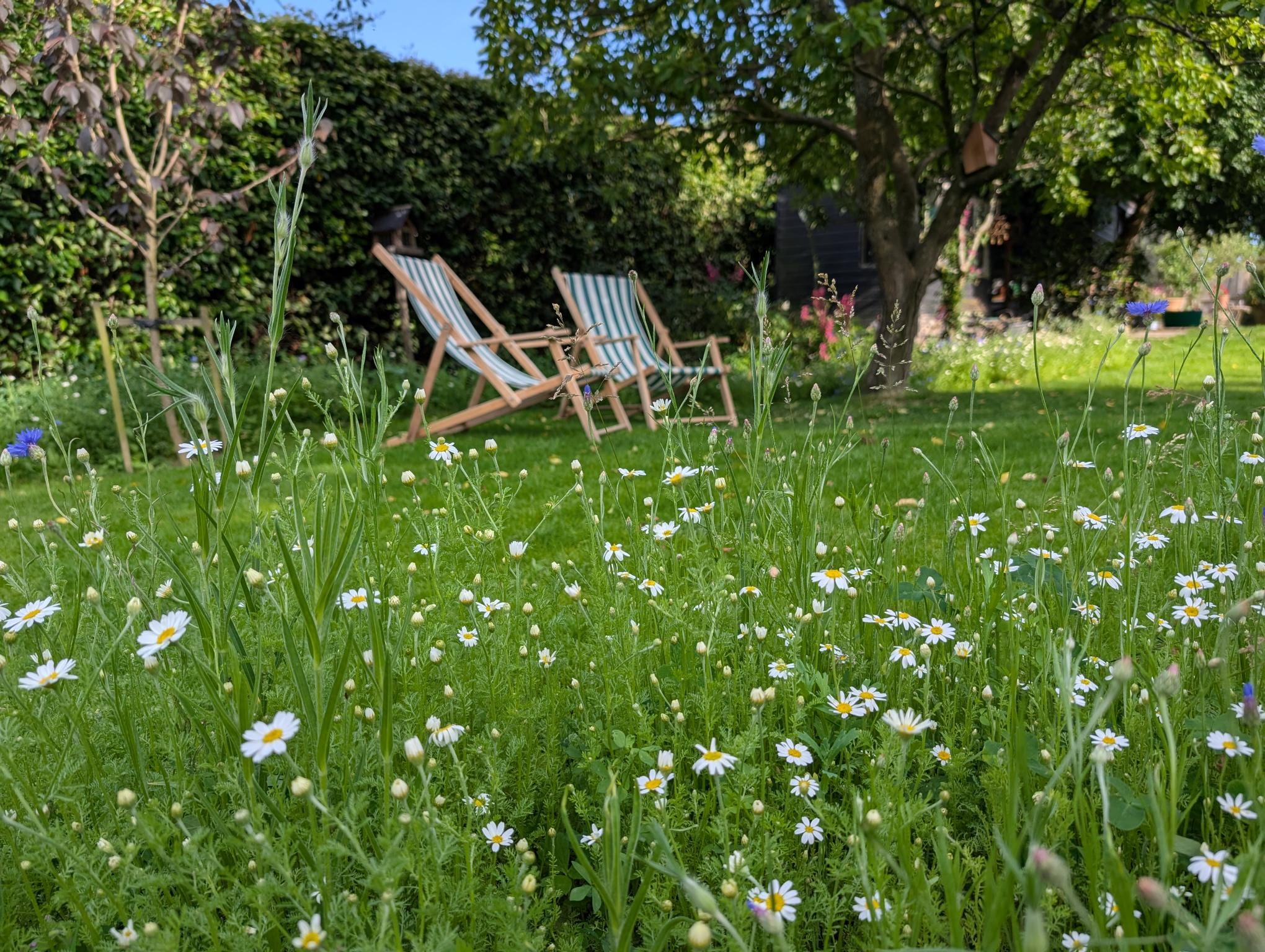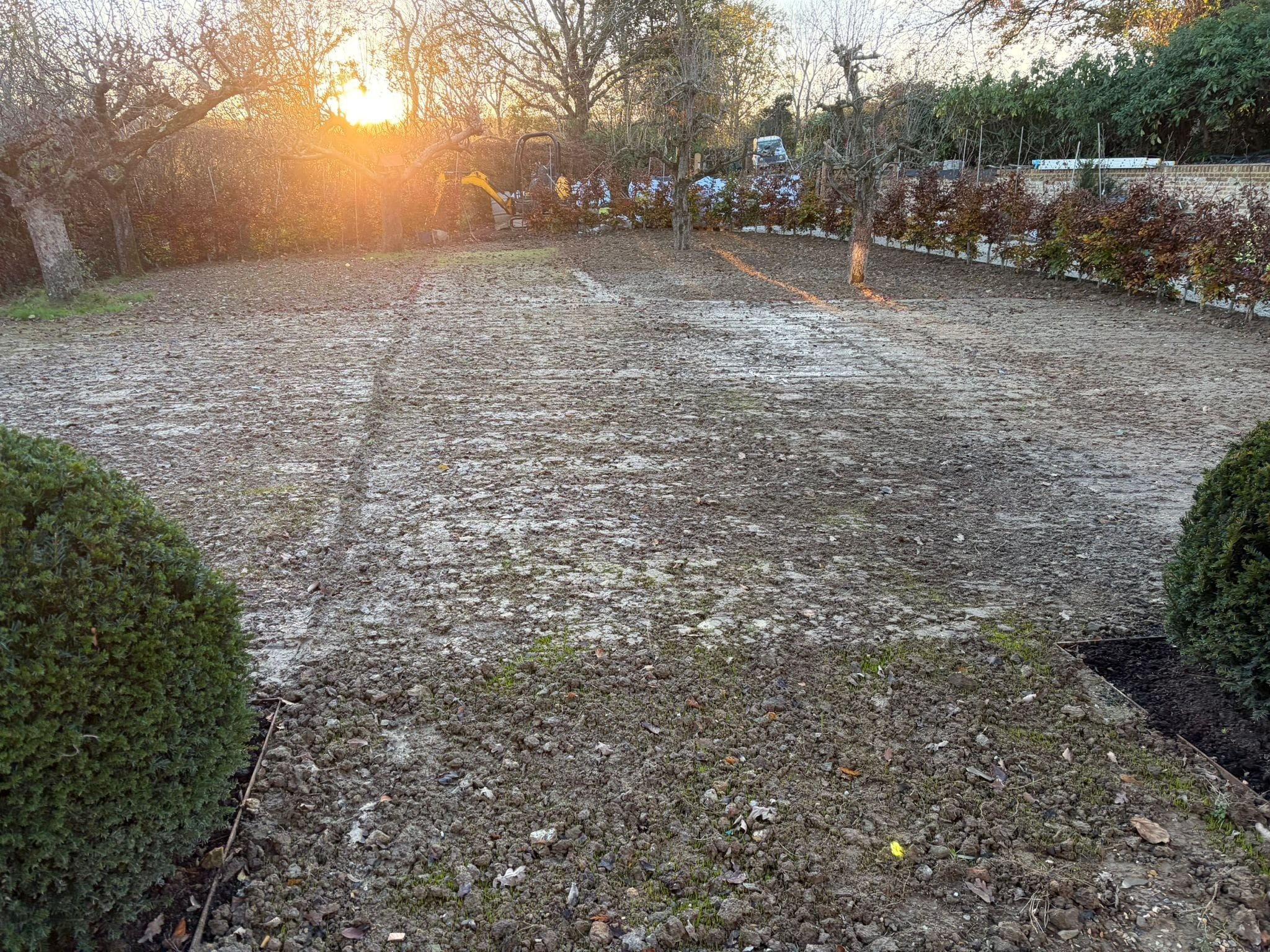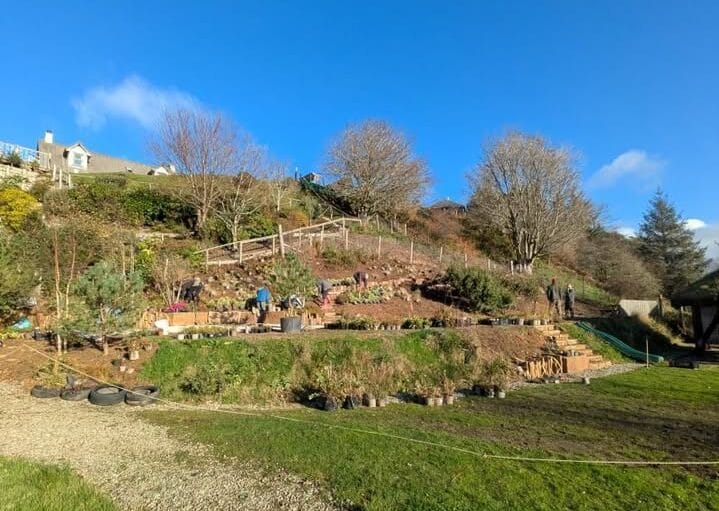Planning a new garden may feel like something you can leave until the weather warms…
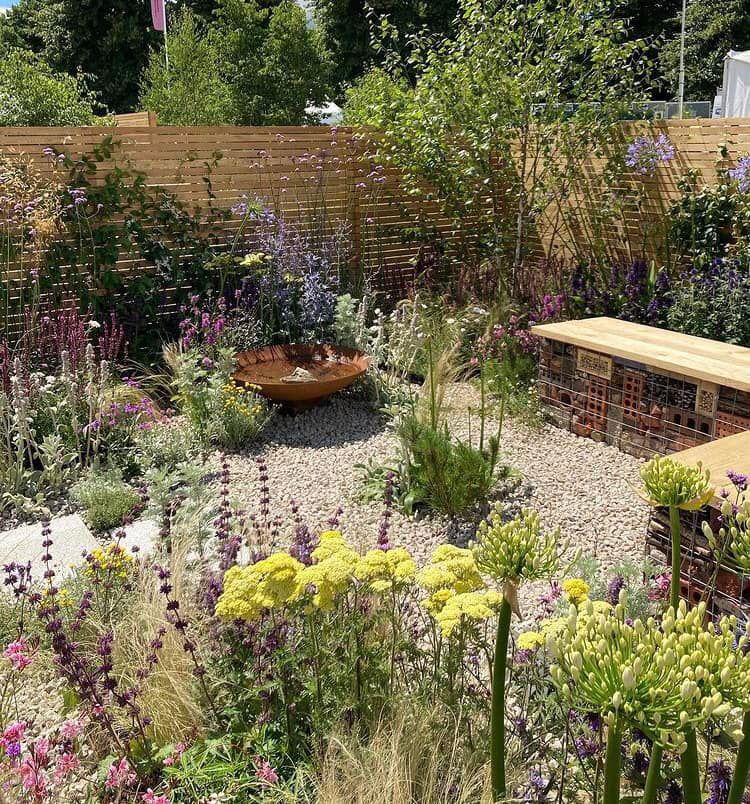
Garden Wildlife In Winter
How to Attract and Support Garden Wildlife in winter
Birds and bugs
The most obvious way to support garden wildlife in winter is by feeding the birds. Installing a bird feeder in your garden is a nice way to ensure they get a decent meal to help them stay warm and provide the energy they need. If your feeders are in view of your windows, it can be recreational to watch them come to feed.
You can also make your own bird seed cake! This is a great activity which can involve the kids too. The RSPB has a great recipe you can follow here.
Other ways of supporting garden wildlife in winter is building a bug hotel. This child friendly activity involves using recycled materials such as an old wooden crate and fill it with different items. These could include foliage such as broken garden canes, old pots, pine cones, dry leaves etc. This provides a variety of suitable habitats for several species of insect.
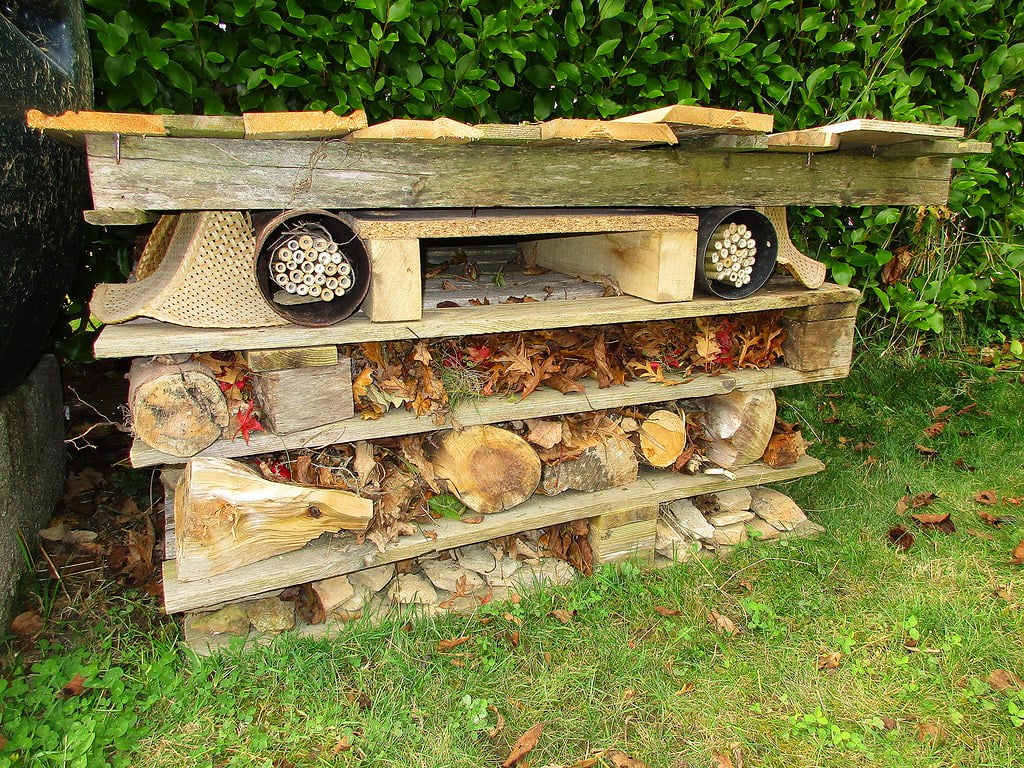
Amphibians
Toads, frogs and newts could also be attracted to your garden, especially if you have a pond. Having some amphibians in your garden could provide a useful ally – as they can reduce the numbers of veg patch and leaf-destroying pests. Building a pond will help frogs travel around the local neighbourhood without being short of a suitable habitat and left vulnerable to predators. As well as a pond, they also like messy areas of leaves or pots for shelter and protection.
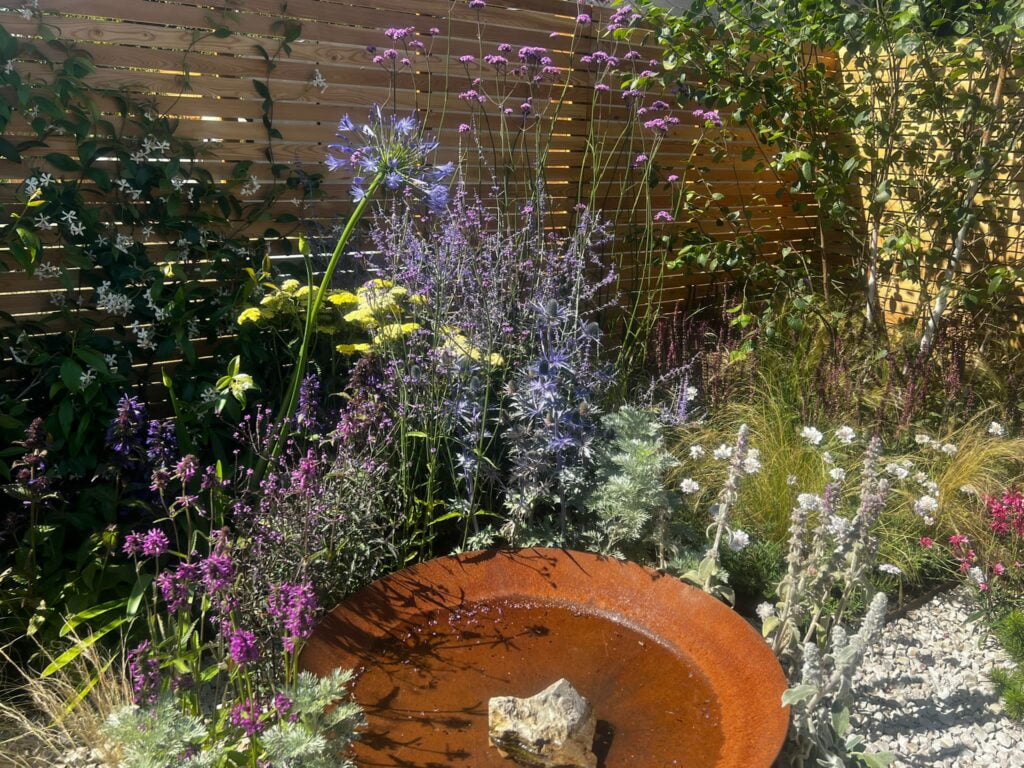
Hedgehogs
Lastly, consider helping the hedgehogs. Many hedgehogs seek shelter in a pile ready to become a bonfire. Sadly, this often results in them losing their home if not their life. Hedgehog houses are available at most large garden centres and can be easily installed in your garden. Cutting a small hole in close board fencing will allow a hedgehog to travel further afield in search of food, so as not trapped in your garden if there isn’t sufficient sources for it.
If you would like to help the wildlife in your garden, maybe by installing a pond or adjusting your fencing, please contact the Frogheath Office on info@frogheath.co.uk to discuss in more detail and book in a free home visit.
Preparing your garden for winter? Find out how to look after your plants here.

